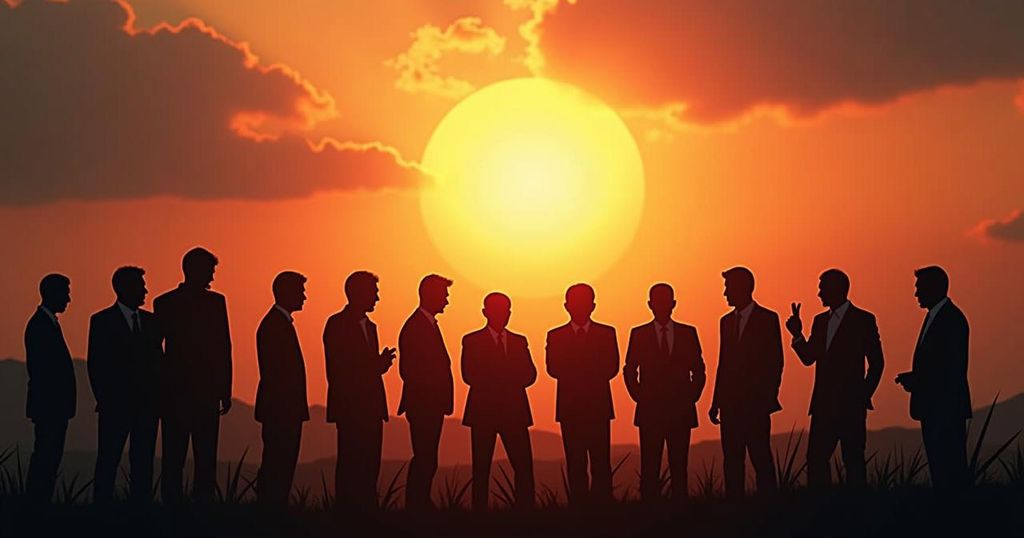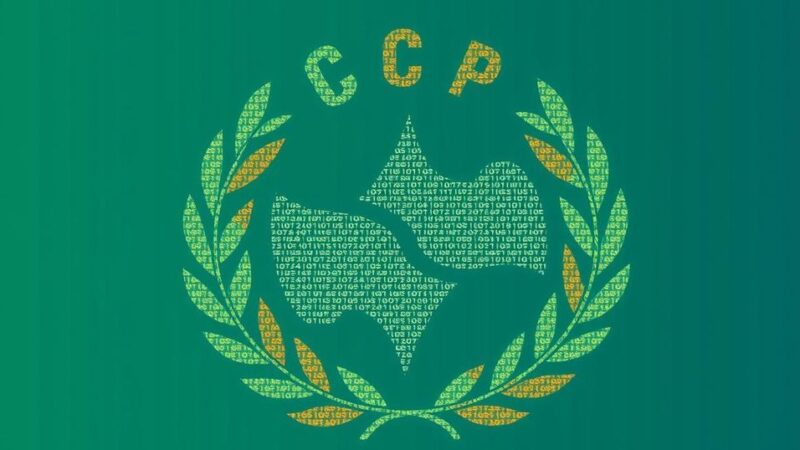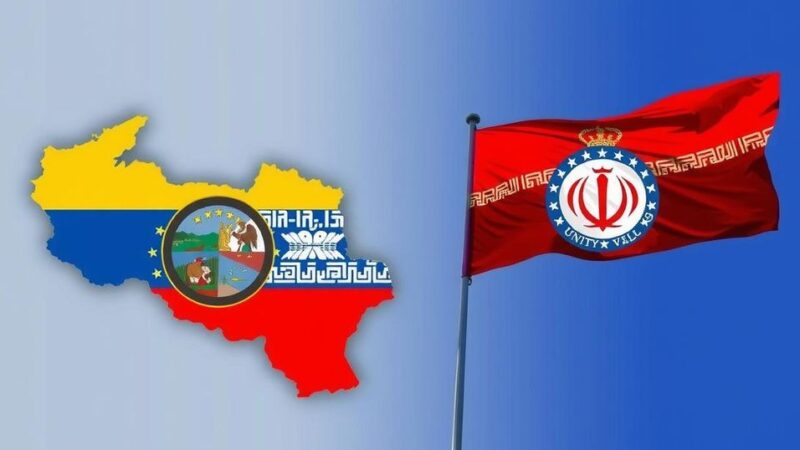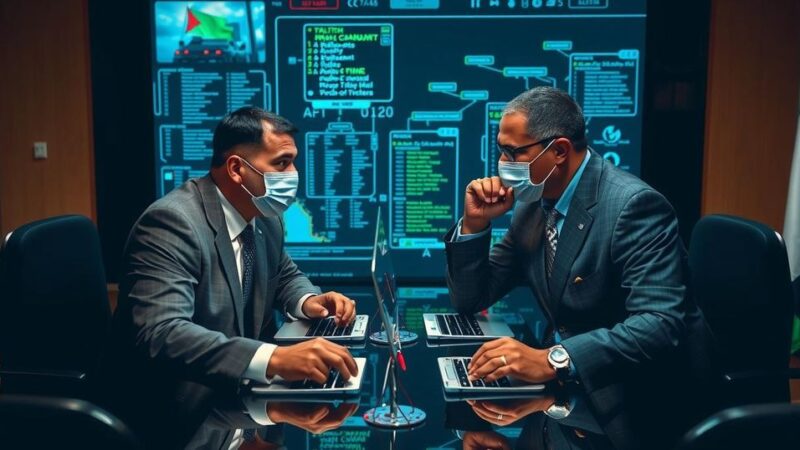Southeast Asian leaders have gathered in Laos for a summit focused on the Myanmar crisis and territorial tensions in the South China Sea. The discussions will involve both regional matters and global influences, particularly concerning newly appointed leaders within ASEAN. Myanmar’s civil unrest continues to pose significant humanitarian concerns, while maritime disputes with China add layers of complexity to the regional security dynamic. The summit marks a critical moment for ASEAN amid these gripping challenges.
Southeast Asian leaders convened in Vientiane, Laos, for an annual summit focusing on significant regional issues, including the persistent civil war in Myanmar and the ongoing territorial disputes in the South China Sea. The Association of Southeast Asian Nations (ASEAN) summit includes discussions with major global powers, such as China, the United States, and Russia, all vying for influence in the region. The summit takes place amid increasing violence in the Middle East, although Southeast Asia encounters only peripheral consequences from these developments. Historical limitations of ASEAN’s influence among its ten member states—Indonesia, Thailand, Singapore, the Philippines, Vietnam, Malaysia, Myanmar, Cambodia, Brunei, and Laos—do not undermine its role as a vital platform for dialogue among global superpowers. This year’s summit features several new national leaders, including Thailand’s 38-year-old Prime Minister Paetongtarn Shinawatra, Singapore’s Prime Minister Lawrence Wong, and Vietnam’s new leader, President To Lam, represented by Prime Minister Pham Minh Chinh. Notably absent is Indonesian President Joko Widodo, who sent Vice President Ma’ruf Amin as he prepares for a transition of power. Japan’s recent Prime Minister Shigeru Ishiba made his first overseas trip to attend the summit, signifying the significance of this meeting. Prime Minister Paetongtarn emphasized that the Myanmar crisis remains a “critically important issue” for the discussions. The situation in Myanmar has deteriorated sharply since the military coup in February 2021, leading to significant casualties and a worsening humanitarian crisis. Despite Myanmar’s junta agreeing to an ASEAN peace plan, conflicts continue with pro-democracy and ethnic groups. For the first time in three years, Myanmar is permitted to send a high-ranking official to the summit—its permanent secretary, Aung Kyaw Moe. Analysts have expressed concern that allowing Myanmar’s representation indicates ASEAN’s fatigue in addressing the crisis effectively. Discussions will also focus on escalating tensions in the South China Sea, a vital maritime route subjected to competing claims between ASEAN nations and China. Countries such as Vietnam, the Philippines, Malaysia, and Brunei assert overlapping claims against China’s expansive territorial assertions, which have grown increasingly aggressive. Recent incidents involving Chinese forces and Filipino naval personnel highlight the ongoing strife in the region. Concerns also arose following allegations from Vietnam regarding the assault and theft from its fishermen in the contested Paracels. Amidst these tensions, it remains doubtful that ASEAN can achieve substantial resolutions at this summit given the differing national interests and the preference of certain members to maintain relations with Beijing over regional solidarity against assertive Chinese actions. This summit, therefore, represents a critical juncture for Southeast Asian leaders to navigate the complexities of regional security and territorial integrity in the face of evolving geopolitical challenges.
The annual ASEAN summit serves as a key event for leaders of Southeast Asian nations to address pressing regional issues, with a particular focus on Myanmar’s ongoing civil unrest and territorial disputes in the South China Sea. The political landscape in Southeast Asia is influenced by various factors, including international power dynamics involving major countries such as China, the United States, and Russia. Historical context reveals a struggle for ASEAN to unify its members in pursuit of regional stability and collective influence, particularly when national interests often take precedence over collaborative efforts. The involvement of emerging national leaders indicates a transitional phase in regional politics, reflecting shifts in leadership and policy directions that may impact ASEAN’s future engagement strategies.
The summit in Laos underscores the intricate challenges that ASEAN faces regarding the Myanmar crisis and South China Sea disputes. As new leaders assume pivotal roles, the outcomes of these discussions may define the future of regional cooperation and stability. However, the persistent influence of national interests and the varying degrees of engagement with China complicate prospects for significant resolutions. Without cohesive cooperation and a renewed commitment to dialogue, ASEAN’s ability to effect change in these crucial areas remains limited.
Original Source: www.independent.co.uk






